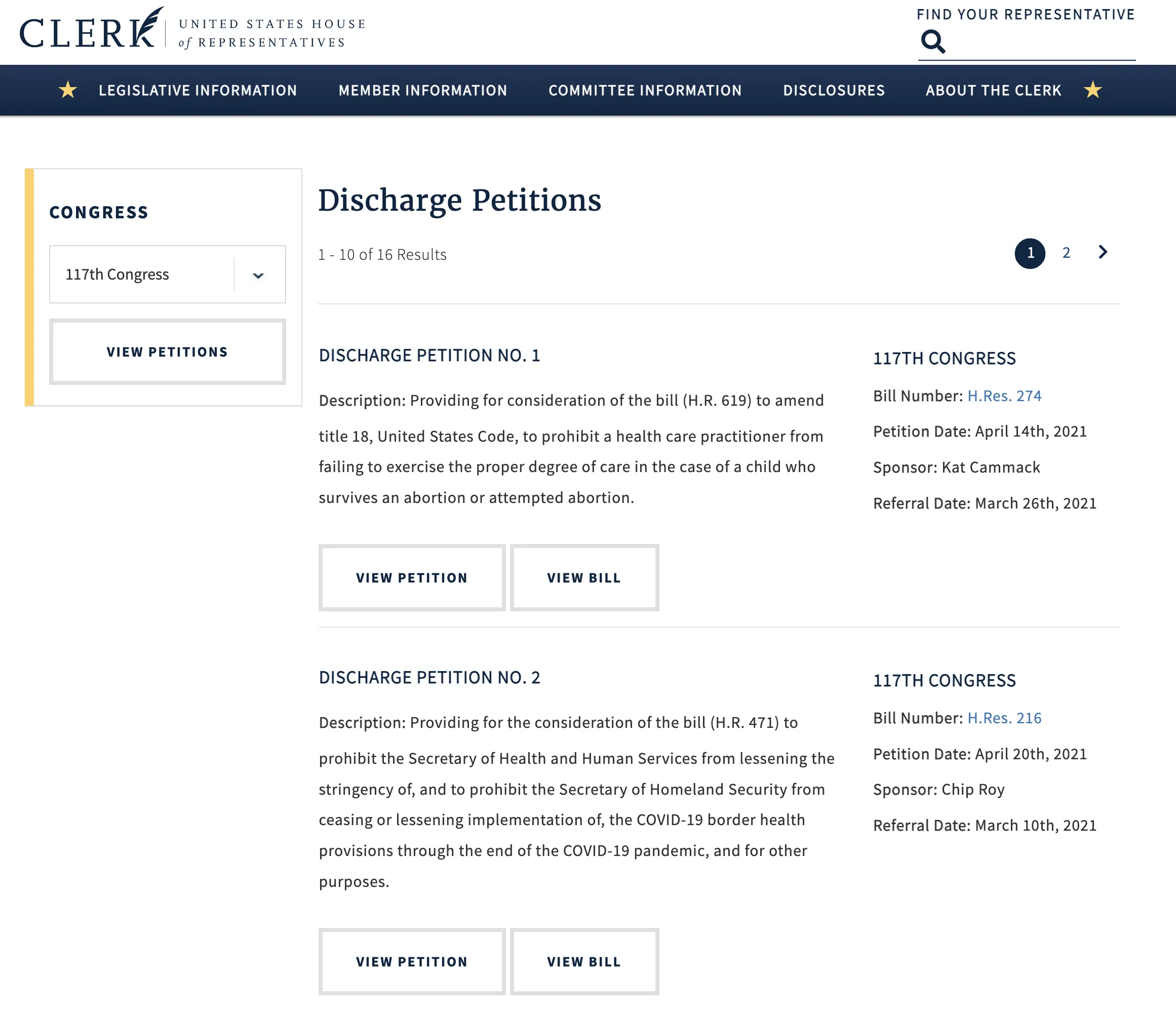Historic Victory: H.R. 82 Passes, Repealing Unfair Social Security Penalties!
In a landmark moment for public service workers across the United States, the long-fought battle against discriminatory Social Security provisions has finally reached a triumphant conclusion. H.R. 82, known as the Social Security Fairness Act, has successfully passed both chambers of Congress, promising to restore justice for millions of dedicated public servants who have long been penalized for their commitment to community service.
A Breakthrough Decades in the Making
The journey to this historic victory spans more than four decades of persistent advocacy and legislative struggle. The bill targets two controversial provisions that have systematically reduced Social Security benefits for public sector employees: the Windfall Elimination Provision (WEP) and the Government Pension Offset (GPO). These regulations have unfairly diminished the retirement benefits of teachers, firefighters, police officers, postal workers, and other public servants.
The Legislative Triumph
On November 12, 2024, the House of Representatives delivered a resounding message of support, passing H.R. 82 with an overwhelming majority of 327-75. The momentum continued in the Senate, which followed suit on December 21, 2024, with a decisive vote of 76-20. This bipartisan achievement underscores the widespread recognition of the need to correct a long-standing injustice.
Key Supporters and Advocates
Crucial to the bill’s success were key sponsors Representatives Abigail Spanberger (D-Va.) and Garret Graves (R-La.), who championed the cause across party lines. Organizations like the National Association of Letter Carriers (NALC) and the National Active and Retired Federal Employees Association (NARFE) have been instrumental in maintaining pressure for reform.
Financial and Human Impact
The Congressional Budget Office estimates that repealing these provisions will cost approximately $200 billion over the next decade. However, advocates argue that the human cost of maintaining the current system far outweighs the financial considerations.
NALC President Brian L. Renfroe eloquently captured the significance, stating:
“This victory ensures that our dedicated public servants will finally receive the full benefits they have earned through years of selfless service.”
What This Means for Public Servants
The implications of H.R. 82 are profound:
- Millions of public sector workers will see substantial increases in their Social Security benefits
- Retirement planning becomes more predictable and fair
- Recognition of the full value of public service careers
- Correction of a decades-long systemic discrimination
Political Perspectives
Senate Majority Leader Chuck Schumer described the bill as a “great gift” for retired public servants, emphasizing its alignment with fundamental American values of fairness and respect.
The Road Ahead
With the bill now awaiting President Biden’s signature, advocates are maintaining their momentum. The focus has shifted to ensuring smooth implementation and continued awareness about the legislation’s importance.
A Moment of Reflection
This victory represents more than a legislative achievement. It is a testament to the power of persistent advocacy, bipartisan cooperation, and the unwavering commitment of public service workers who refused to be silenced.
Conclusion
The passage of H.R. 82 marks a historic turning point in Social Security reform. It sends a powerful message that public servants’ contributions are valued, and their retirement benefits should reflect their dedication and hard work.
The fight for fairness continues, but today, we celebrate a significant victory.
Reporting by [Your Name]
Note: This article is based on current legislative information and advocacy reports as of the specified dates.






Leave a Comment